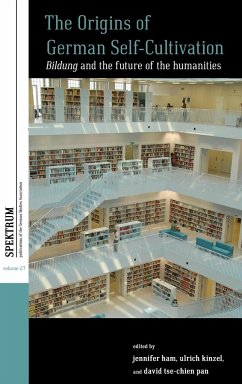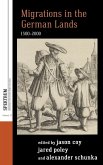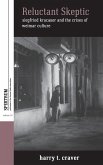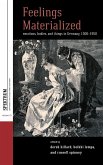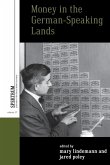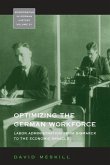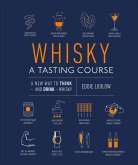Recent devaluations of a liberal arts education call the formative concept of Bildung, a defining model of self-cultivation rooted in 18th and 19th century German philosophy and culture, into question and force us to reconsider what it once meant and now means to be an "educated" individual. This volume uses an arc of interdisciplinary scholarship to map both the epistemological origins and cultural expressions of the pivotal notion of Bildung at the heart of pursuit in the humanities. From its intriguing original historical manifestations to its continuing resonance in current ongoing debates surrounding the humanities, the editors urge us to ask and discover how the classical concept of Bildung, so central to humanistic inquiry, was historically imagined and applied in its original German context.
Hinweis: Dieser Artikel kann nur an eine deutsche Lieferadresse ausgeliefert werden.
Hinweis: Dieser Artikel kann nur an eine deutsche Lieferadresse ausgeliefert werden.

